Feature photo and photo above courtesy of Richard McColl.
On Thursday they planned to shoot me.
A brief phone call with the boss man himself and I had been given the green light to head down to Miguel Caballero’s warehouse, located a block or two west of Bogota’s infamous Transmilenio.
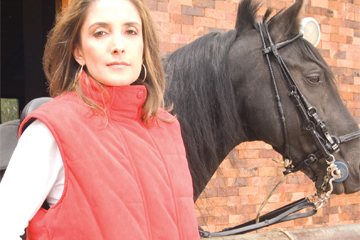
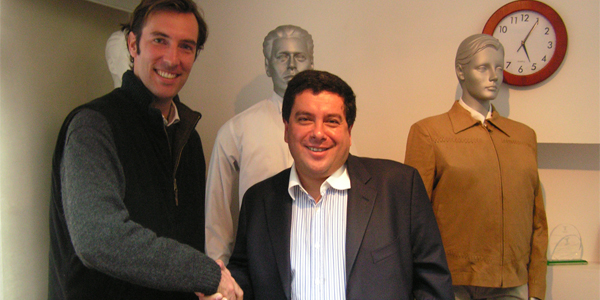
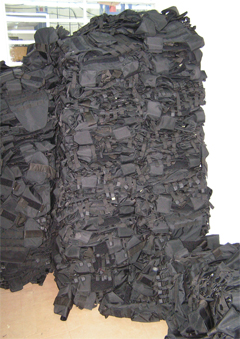 Photo courtesy of Richard McColl.
Photo courtesy of Richard McColl.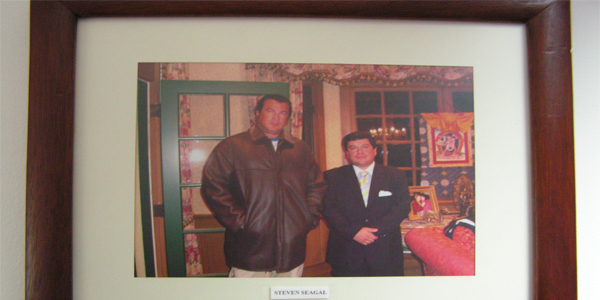
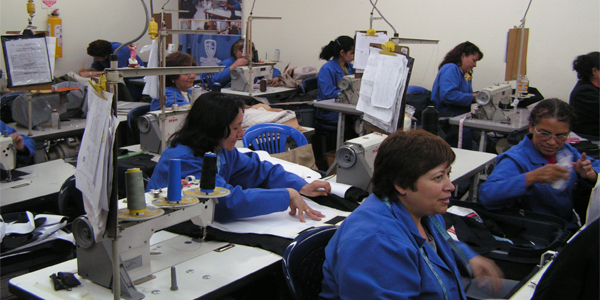
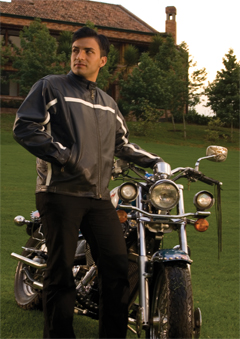 Photo courtesy of Richard McColl.
Photo courtesy of Richard McColl.